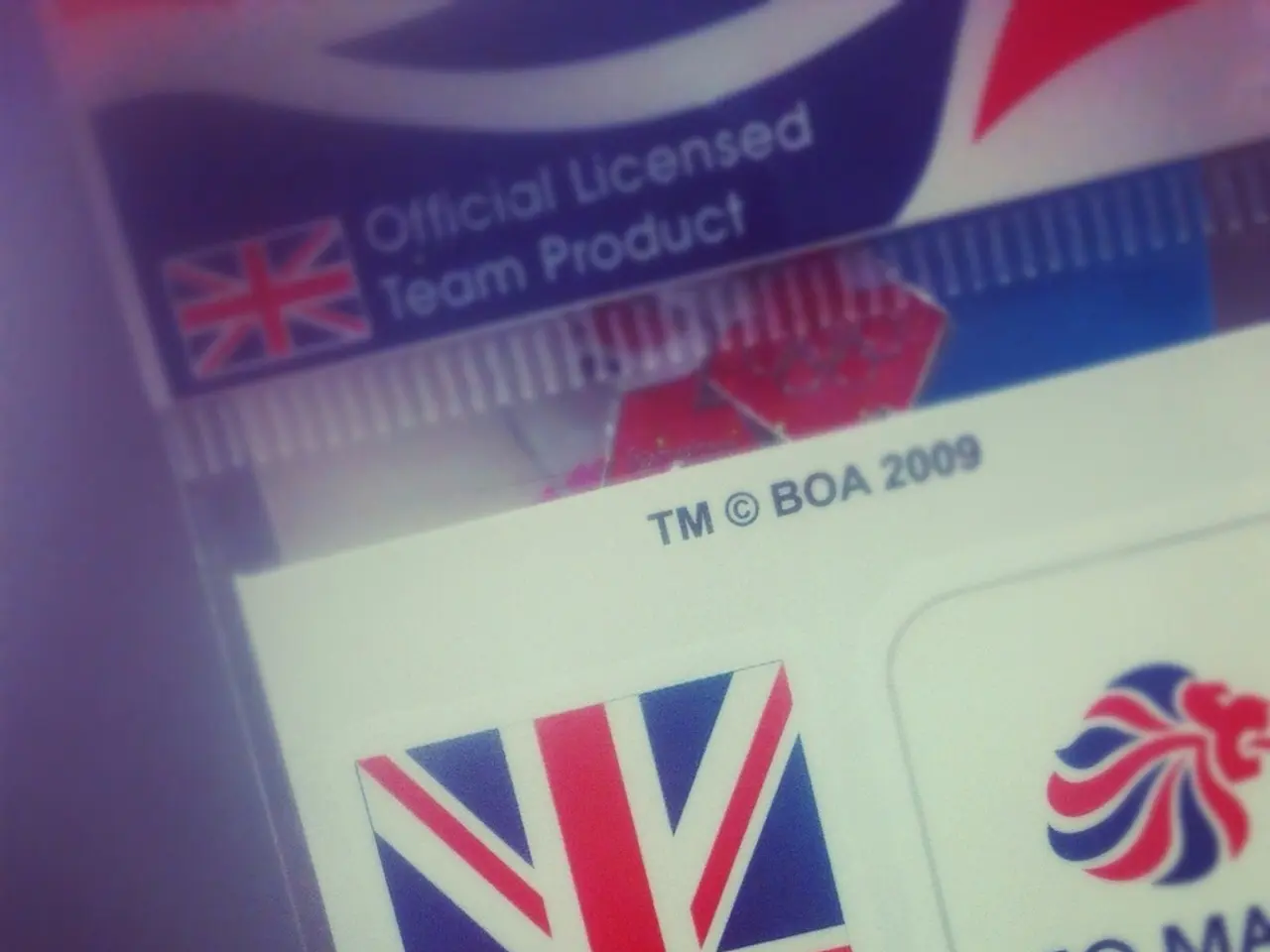Struggle for the Recognition of LGBTI Issues as Basic Human Entitlements
The African Commission on Human and Peoples' Rights (ACHPR), the only body authorized to investigate human rights violations on the African continent, has been at the forefront of a contentious issue: the rights of LGBTI individuals. Despite the Charter's promise of equal rights for 'every individual,' many LGBTI people face discrimination, arrest, and even violence in several African countries.
The Charter, which guarantees the right to life, the integrity of the person, freedom and security of the person, and the respect for human dignity, among other rights, provides a sufficient basis for the recognition of all rights without distinction, including the rights of LGBTI persons. However, in practice, the situation is far from ideal.
One of the primary concerns is the criminalisation of same-sex acts, with gay men often targeted and arrested. This situation is a clear violation of the Charter's prohibition against torture and cruel, inhuman, and degrading treatment. The Charter also upholds the principle of non-discrimination, stating that human rights apply to all individuals, regardless of any difference. Yet, many governments remain reluctant to address the topic, with the African Union taking a public position only sporadically.
Decriminalization of same-sex acts may not end homophobia, but it makes a significant difference for those whose daily lives are disrupted and who live in constant fear of being outed or blackmailed. Mainstream human rights organizations have followed suit, but for many, this is still a very recent development. Reasons for not engaging with the issue range from legal prohibitions to personal and professional concerns.
The Commission has been tracking violations of LGBTI rights by member states and has called for the examination of such abuses based on the Charter. The Commission's work is crucial, as it provides a platform for advocacy and raises awareness about the need for change. However, in an environment where homophobia has displaced respect for the rule of law, constitutional guarantees, and international human rights standards, court cases as a strategy for change require more work outside the courtroom than within it.
Winning a constitutional case requires more than legal arguments; the existence of a movement focused on (civil) rights, strategic partnerships with other civil society groups, cooperation with the judiciary, and the awareness of key actors that persecution and oppression of LGBTI individuals are human rights issues are increasingly considered prerequisites for using the courts to defend LGBTI rights.
One such movement is the Coalition of African Lesbians (CAL), a regional human rights organization. Yet, it remains unclear why the Commission has not yet made a decision regarding the granting of observer status to CAL, a regional human rights organization, despite meeting the criteria.
The issue of sexual orientation has been a contentious one in international forums, with the UN debates lending support to an Egyptian-driven resolution. The language of the resolution draws heavily from an alternative statement in the UN dispute, with some arguing that it threatens to undermine international human rights conventions.
In the face of these challenges, the fight for LGBTI rights continues. The Commission, human rights organizations, and grassroots movements continue to advocate for change, striving to ensure that the promise of the Charter is realised for all individuals, regardless of their sexual orientation or gender identity.
Read also:
- United States tariffs pose a threat to India, necessitating the recruitment of adept negotiators or strategists, similar to those who had influenced Trump's decisions.
- Weekly happenings in the German Federal Parliament (Bundestag)
- Southwest region's most popular posts, accompanied by an inquiry:
- Discussion between Putin and Trump in Alaska could potentially overshadow Ukraine's concerns






